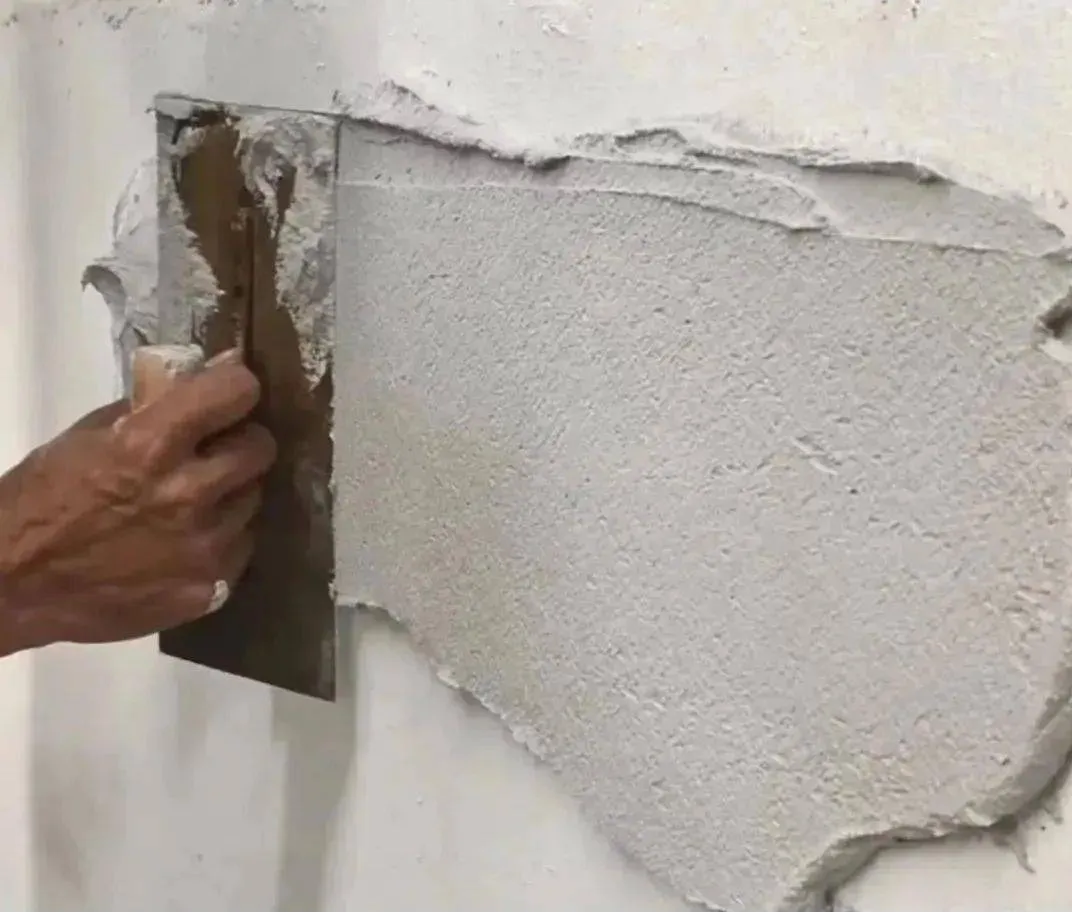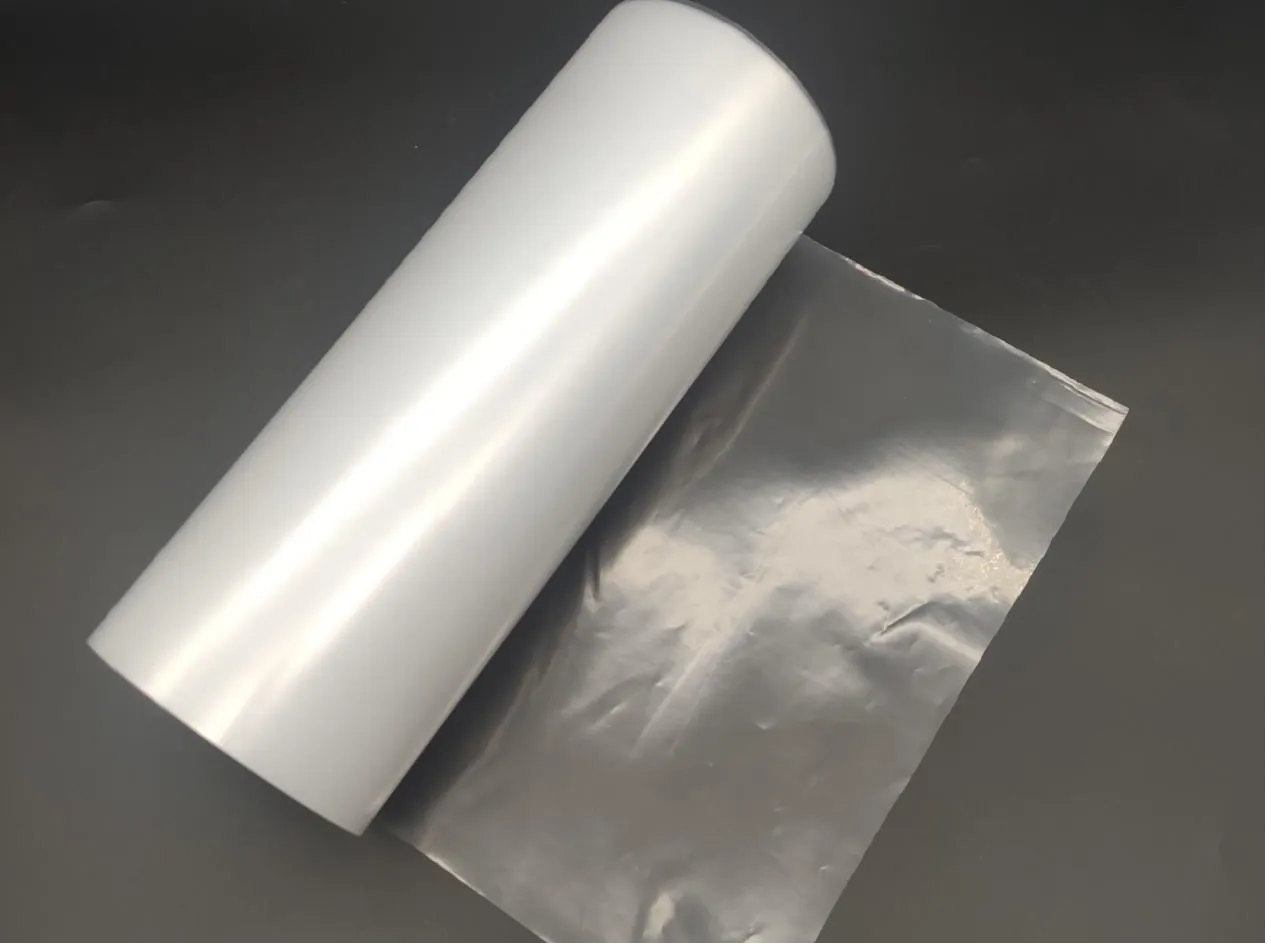
Polyvinyl Alcohol in Construction: Properties, Usage, and Industry Trends
Polyvinyl alcohol plastic (PVA) is a synthetic, water-soluble polymer with broad utility in construction, adhesives, coatings, and packaging industries.

Practical Construction Uses of Polyvinyl Alcohol Plastic
Its popularity is growing due to its eco-friendly nature, strong adhesive properties, and safe handling profile.
One of the most common uses in construction is adding PVA to cement. This technique enhances adhesion, reduces cracking, and improves flexibility. It's especially effective for patching repairs, tile adhesives, and lightweight screeds. Similarly, contractors rely on PVA for plastering walls to ensure a stronger bond between plaster and substrate.
Another important surface preparation method involves PVA before plastering. Applying a diluted PVA mix to masonry or drywall helps seal the surface and reduces suction, allowing for a more even finish. Likewise, treating ceilings with PVA ceiling before plastering is standard practice to prevent premature drying of plaster, which can cause poor adhesion or cracks.
For large-scale projects, sourcing bulk PVA bags is cost-effective and practical. These are available in powdered or emulsified forms and are often supplied by industrial-grade chemical manufacturers.

Solubility and Emulsion Applications in Film and Adhesive Production
One of the reasons PVA is so versatile is the solubility of polyvinyl alcohol in water. It dissolves easily at various temperatures depending on its degree of hydrolysis. The PVOH solubility (another term for polyvinyl alcohol) allows it to be used in eco-friendly applications like biodegradable packaging and detergents.
PVOH film manufacturers rely heavily on this property to create water-soluble films used in laundry pods, agricultural seed tapes, and medical packaging. These films dissolve completely in water, leaving no toxic residue—a key reason why polyvinyl alcohol plastic is increasingly favored over petroleum-based polymers.
In adhesive applications, polyvinyl alcohol emulsion is often used to enhance binding strength and flexibility in PVA-based glues. It's also a component in the polyvinyl acetate emulsion manufacturing process, where PVA acts as a protective colloid and stabilizer, ensuring better film formation and resistance to yellowing over time.
For industries where safety is a concern—such as cosmetics, medical, or personal care—there’s often the question: Is polyvinyl alcohol safe for skin? The answer is yes, in most cases. PVA is considered non-toxic and non-irritating, which is why it’s frequently found in skincare masks, eye drops, and pharmaceutical tablets. However, as with all chemicals, purity and formulation quality are critical.
Market Pricing and Availability of PVA Products
Whether for construction or manufacturing, pricing is always a key factor. The polyvinyl alcohol price per kg depends on several variables: production method, grade (industrial, food, or pharma), country of origin, and packaging format. Bulk orders typically offer better value, especially when sourcing bulk PVA bags directly from manufacturers.
For industrial buyers, evaluating cost against performance (viscosity, solubility, adhesion strength) is essential. Technical datasheets and MSDS (Material Safety Data Sheets) should always be reviewed before purchase.
Frequently Asked Questions (FAQs)
1. What are bulk PVA bags used for in construction?
Bulk PVA bags are commonly used for large-scale mixing of plaster, cement, or mortar. Contractors purchase them to reduce costs and ensure consistent supply during high-volume projects.
2. How does adding PVA to cement improve performance?
Tsementga PVA qo'shish increases flexibility, reduces water absorption, and improves bonding to substrates. It's ideal for rendering, patch repair, and tile adhesive applications.
3. What is the solubility of polyvinyl alcohol in water and why is it important?
The solubility of polyvinyl alcohol in water (also known as PVOH solubility) allows it to dissolve cleanly, making it suitable for biodegradable films, adhesives, and water-based coatings.
4. Is polyvinyl alcohol safe for skin contact?
Yes. Is polyvinyl alcohol safe for skin? In general, it is non-toxic and non-irritating, which is why it’s used in skincare products, medical patches, and eye drops. However, cosmetic-grade purity is important for safety.
5. What role does PVA play in the polyvinyl acetate emulsion manufacturing process?
In the polyvinyl acetate emulsion manufacturing process, polyvinyl alcohol emulsion acts as a stabilizer and emulsifier. It ensures a stable, uniform product with strong adhesive properties.
-
Hydroxypropyl Starch as a Sustainable Construction AdditiveNewsNov.24,2025
-
The Gelation Properties of CMCNewsNov.21,2025
-
Redispersible Latex Powder and Water Retention CapacityNewsNov.21,2025
-
Dosage Control for Polycarboxylate Water ReducerNewsNov.21,2025
-
Film-Forming Properties of Polyvinyl AlcoholNewsNov.21,2025
-
The Function of Gypsum Additives in MortarNewsNov.21,2025





















